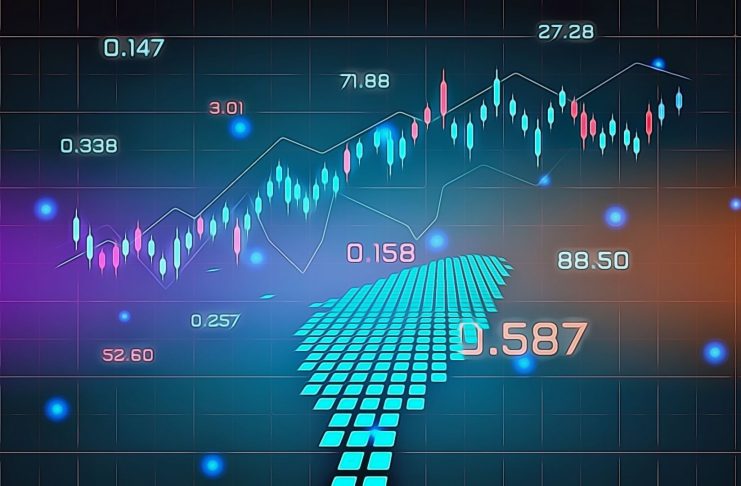Spot trading and futures trading are two distinct methods of engaging in financial markets, each with its own advantages and disadvantages. While both approaches offer unique opportunities, the choice between spot trading and futures trading depends on the specific preferences and characteristics of the investor or trader.
Spot Trading
Spot trading, also known as cash trading, involves the immediate exchange of financial instruments at the prevailing market price. One of the hidden advantages of spot trading is its flexibility, allowing traders to determine the exact quantity of assets they want to trade. Additionally, spot trading generally incurs lower transaction costs compared to futures trading, as it does not involve additional fees such as margin requirements or contract expirations. Spot trading also provides direct ownership of the underlying asset, which can be appealing for investors seeking physical possession or utilization of the asset beyond trading purposes.
On the other hand, spot trading has certain disadvantages. It lacks leverage, meaning traders need to have the full capital required for purchasing assets, potentially limiting opportunities for those with limited funds. Additionally, spot trading exposes investors to market volatility risks, as trades are executed immediately, and rapid price fluctuations can lead to potential losses. Furthermore, spot trading does not provide inherent opportunities to profit from declining markets, as traders can only buy or sell assets at the current market price.
Futures Trading
Futures trading, in contrast, involves contracts to buy or sell assets at a predetermined price and date in the future. One of the hidden advantages of futures trading is leverage, enabling traders to control larger positions with a smaller initial investment. Futures contracts also provide effective risk management tools, allowing investors to hedge against adverse price movements, and they offer the flexibility of taking short positions to profit from declining markets. Additionally, futures markets provide a diverse range of assets for trading, expanding opportunities for diversification.
However, futures trading has its disadvantages. Contract expirations necessitate active management and rolling over contracts, which can incur additional costs and administrative efforts. Margin requirements in futures trading mean traders must maintain a certain level of capital, and failure to meet margin calls can result in forced liquidation of positions. Futures trading also exposes investors to market volatility risks and requires a good understanding of contract specifications and market dynamics.
Final Thoughts
Ultimately, the choice between spot trading and futures trading depends on the individual investor’s objectives, risk tolerance, time horizon, and available capital. Spot trading may be preferable for those seeking simplicity, immediate execution, and direct ownership, while futures trading may be suitable for those who desire leverage, risk management features, and the ability to profit from both rising and falling markets. It is crucial for investors to carefully assess their needs and preferences before determining the best approach for their trading activities.
Disclosure: This is not trading or investment advice. Always do your research before buying any cryptocurrency or investing in any services.
Follow us on Twitter @nulltxnews to stay updated with the latest Crypto, NFT, AI, Cybersecurity, Distributed Computing, and Metaverse news!




